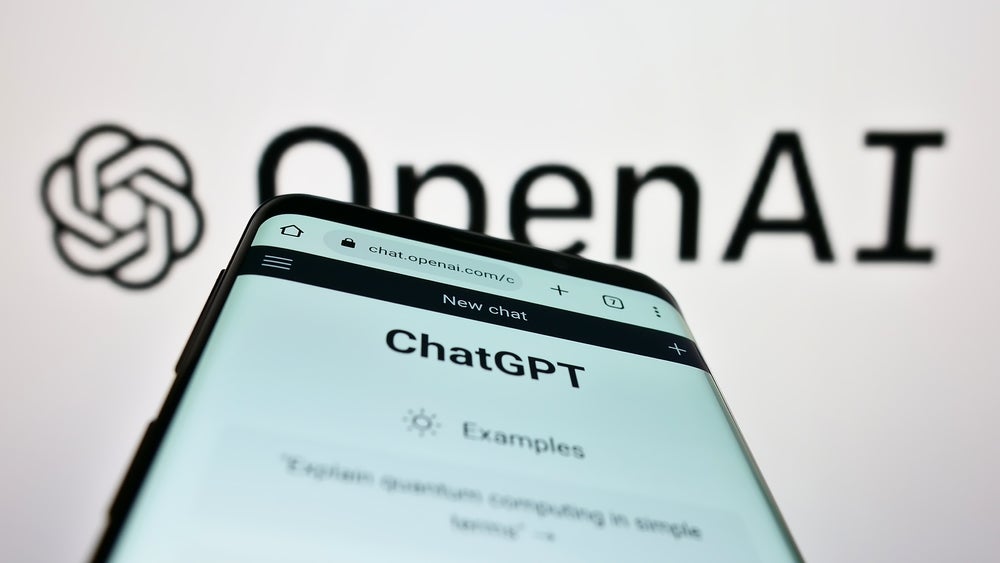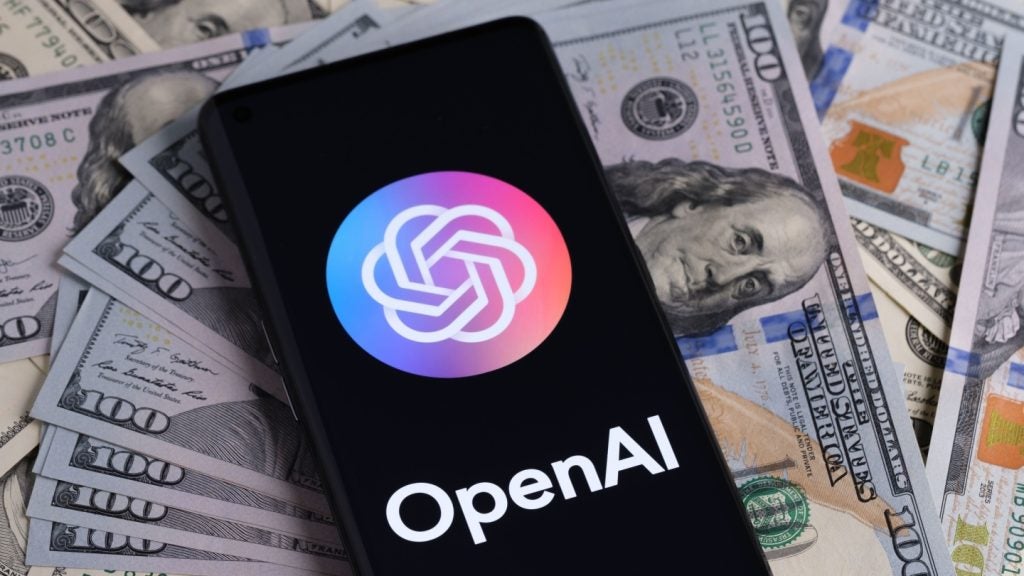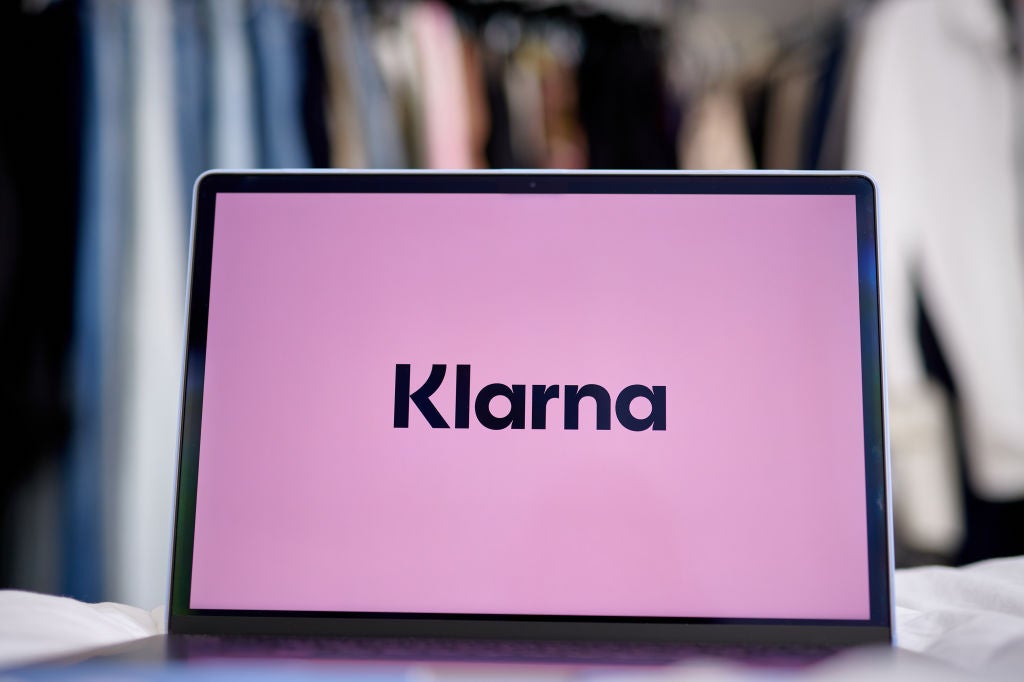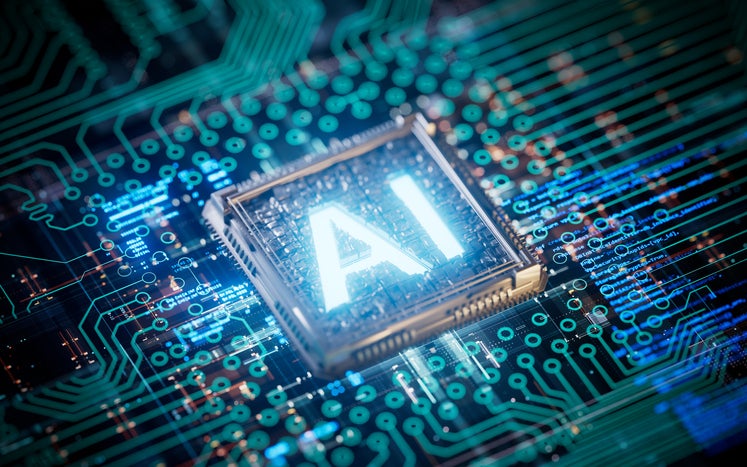
OpenAI, the maker of ChatGPT, is looking into the possibility of making its own artificial intelligence (AI) chips, Reuters reported, citing people familiar with the plans.
The Microsoft-backed company has been discussing a potential acquisition target, although it has not yet decided to move ahead, the publication said.
A potential focus on chipmaking began last year following discussions on how to fix the advanced AI chip supply shortage, according to insiders.
US chip giant, NVIDIA, which is estimated to have more than 80% of the market share for advanced AI chips, has been allegedly named as a potential target to work closely with the company.
OpenAI CEO, Sam Altman, has made acquiring more AI chips a top priority for the company. The CEO has regularly joined others in the industry in criticising the shortage of AI chips.
The ChatGPT maker has developed most of its generative AI on a supercomputer produced by Microsoft since 2020. The powerful computer uses 10,000 of Nvidia’s graphics processing units (GPUs), making it an incredibly expensive technology.
How well do you really know your competitors?
Access the most comprehensive Company Profiles on the market, powered by GlobalData. Save hours of research. Gain competitive edge.

Thank you!
Your download email will arrive shortly
Not ready to buy yet? Download a free sample
We are confident about the unique quality of our Company Profiles. However, we want you to make the most beneficial decision for your business, so we offer a free sample that you can download by submitting the below form
By GlobalDataIt is not clear if OpenAI will take the route of building its own custom chip. If so, this would be an extremely expensive and strenuous task – with no guarantee of success.
If OpenAI did acquire a chip company, the company would likely be able to speed up the process of building its own chip, much like Amazon when it bought Annapurna Labs eight years ago.
Josep Bori, research director at GlobalData, believes it is important for the company to “distinguish short term cyclical issues, such as supply chain disruption, from more fundemental ones, such as not having control on significant parts of one’s bill of materials”.
“This is particularly important because the timing and timescales of the proposed solutions may not match the need,” Bori told Verdict.
The Nvidia aqusition route would be a very slow one, according to Bori, and would not help address the current supply chain issues from Nvidia.
Bori noted how Amazon Web Services took four years after the acquisition Annapurna Labs to actually launch its first chip.
“To resolve this issue, OpenAI would be better off negotiating special terms with Nvidia and AMD, albeit this would be costly in the near term,” Bori said.
Bori explained how the actual bottleneck in production of AI chips actually lies with the advanced manufacturing, an industry that is dominated by TSMC rather than Nvidia.
“OpenAI designing its own AI chips would eventually still need TSMC to manufacture them,” Bori said.
The global value of semiconductor deals, critical for AI development, dropped in 2022, according to GlobalData’s deals database.
In 2022, the value of semiconductor deals totalled $242bn, a significant drop from a peak in 2021 which saw deals total $276bn.
In 2023, so far, the value of semiconductor deals totalled $190bn.






